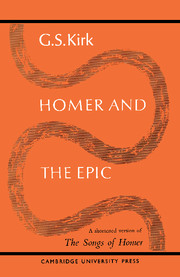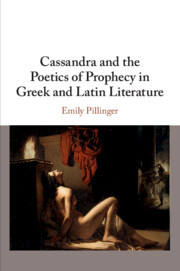Myth
Reviews & endorsements
'[Kirk] carries out his task intelligently and sensitively and the result is probably the best general account of this diffuse and difficult field …'. Jack Goody, Antiquity
' … the range and the humanity of this book are already so impressive that it seems monstrous to ask for more.' Frank Kermore, The Listener
'I found this book extremely rich and rewarding to read. One cannot do justice here to the breadth of its scope, or to the coolness of its critical approach. By his open-minded and undogmatic analysis the author has brought new life to some very old problems. This is an achievement for which one is immensely grateful.' N. J. Richardson, Oxford Magazine
'The modestly expressed findings contrast sharply with some of the confident claims the author examines. Scholarship and the proper use of evidence stand out on every page, and there is a refreshing absence of the jargon which too often clutters this kind of work.' A. C. F. Verity, Greece and Rome
Product details
June 1970Hardback
9780521078351
0 pages
232 × 158 × 22 mm
0.61kg
1 b/w illus.
Unavailable - out of print April 1998
Table of Contents
- Preface
- Abbreviations
- 1. Myths, rituals and folktale
- 2. Lévi-Strauss and the structural approach
- 3. The nature of myths in ancient Mesopotamia
- 4. Nature and culture: gilgamesh, centaurs and cyclops
- 5. The qualities of greek myths
- 6. Tales, dreams, symbols: towards a fuller understanding of myths
- Index.








